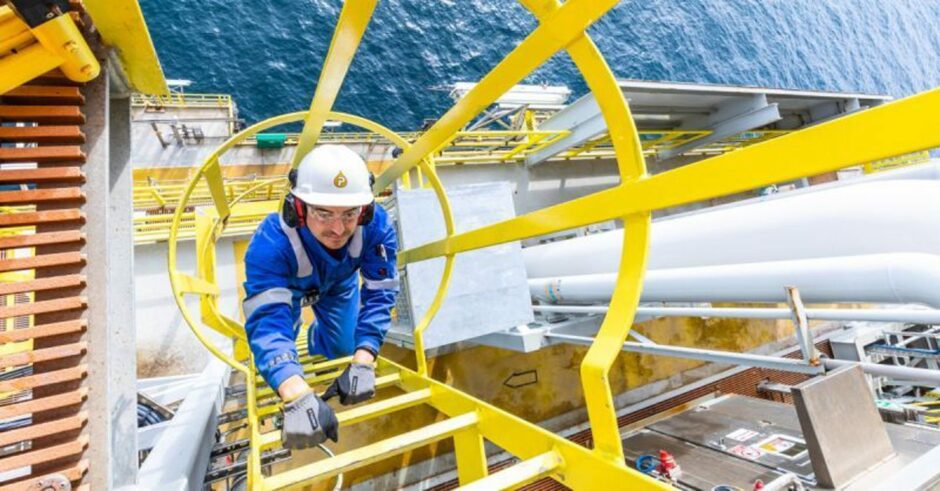
The upcoming general election is an opportunity to address flaws with off-payroll tax rules which “offshore contract workers have been hit hard by,” Qdos said.
The tax insurance provider urged both the Conservatives and Labour to consider an adventurous “tax shake-up” to the controversial IR35 tax policy.
It added that the tax reform is vital for any party to gain the support freelance offshore wind workers, as well as the rest of the UK’s 4.2 million self-employed workers.
Qdos CEO Seb Maley said: “Taking a fresh look at the IR35 rules is paramount. Whether it’s making sure businesses are carrying out fair and compliant IR35 status assessments or fixing HMRC’s fundamentally flawed IR35 tool, change is needed.”
Having handed the responsibility for determining ‘IR35 status’ to businesses, some offshore contractors have taken a pay cut to circumvent IR35 headaches.
“Offshore contract workers have been hit hard by IR35 reform, with many genuinely self-employed individuals left with no option to work on the payroll of their energy clients and take home anything up to 30% less after tax as a result,” Maley said.
Qdos has previously found the IR35 rules rank highest among concerns for offshore contractors.
It found that 35% of the 800 self-employed workers it surveyed view IR35 as the issue which has the most potential to impact their business negatively.
“Equally, energy businesses struggled – initially at least – to get to grips with the reforms,” Maley added. “IR35 is a notoriously complex and ambiguous legislation, which struck fear into energy firms that are now responsible for assessing the IR35 status of contract workers they engage.”
He said that all parties – whether the workers themselves or the businesses engaging them – need IR35’s inherent flaws addressed.
“Solve the issues that plague this legislation and you unleash the true potential of the energy sector’s flexible workforce.”
Tax shake-up
Among its other recommendations, Qdos said that raising the tax-free trading allowance would also encourage more people to earn money from self-employment.
It advocated for bringing down the rate of corporation tax, which was increased from 19% to 25% under the current government.
This sees small business’s profits subject to higher tax rates with negligible marginal relief available.
In addition, it also called for an increased tax-free dividend allowance, which has been reduced dramatically in recent years.
Tax rules
IR35 has proven a major concern for offshore contractors over the past few years.
With the energy industry reliant on temporary workers, the off-payroll tax legislation is vital to facilitate flexible workers within the energy sector.
However, recent reforms have seen energy firms reluctant to engage contractors for fear of being hit with bills for non-compliance.
The reforms made businesses that engage contractors responsible for determining the status of said workers. If the work they carried out is decided to reflect that of regular employees, they are within IR35, and have to pay more tax.
Under the off-payroll working rules, businesses responsible for paying contractors are liable and risk large tax bills for non-compliance.
As a result many energy businesses adopted a safety first approach and implemented blanket rules, insisting that genuinely self-employed contractors operate on the payroll.
